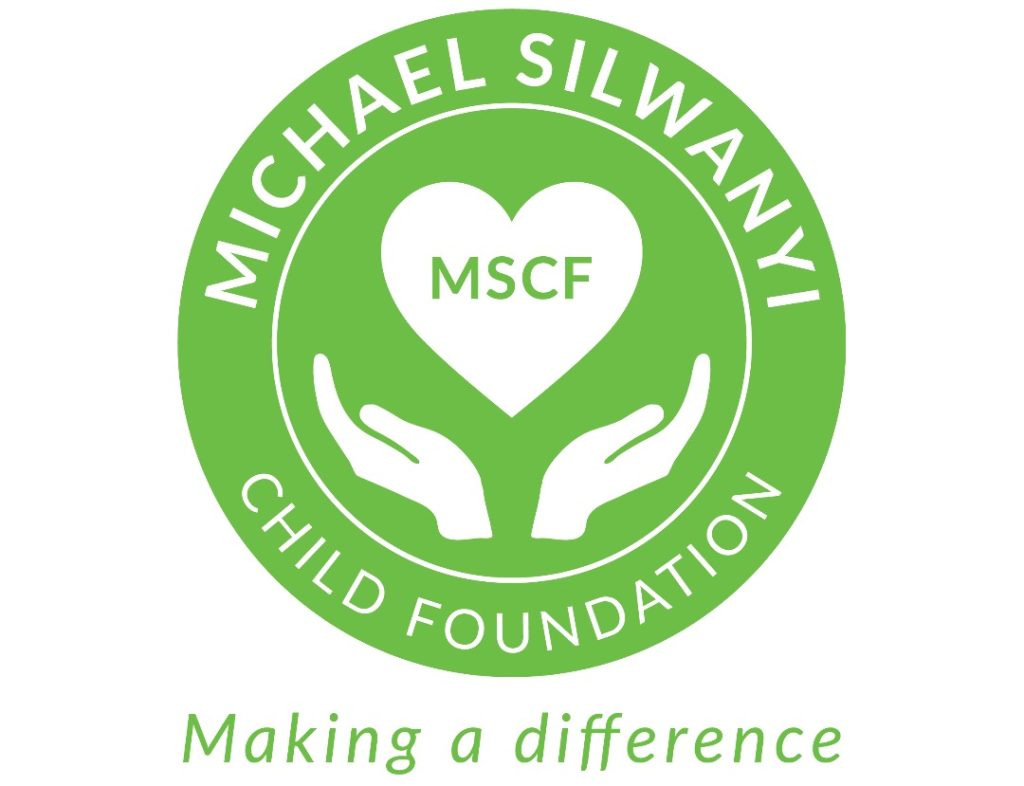In rural Uganda, water scarcity represents a pressing challenge that impacts the daily lives of millions. Many communities depend on water from unsafe sources such as open ponds, streams, and livestock watering points. While these sources are crucial for survival, they are often contaminated, posing serious health risks.
The distances compound the challenge people must travel to access water. Women and children, in particular, bear the burden of walking several miles each day to collect water. This effort consumes significant time and energy, often at the expense of education, economic activities, and overall well-being.
The resilience of these communities in navigating such adversity is remarkable, yet the persistent lack of safe and reliable water continues to hinder progress. Addressing this issue is essential to improving public health, empowering local populations, and fostering sustainable development in these regions.
Health Consequences of Unsafe Drinking Water
The consumption of contaminated water due to water scarcity is a significant driver of waterborne diseases all over Uganda. Pathogens present in unsafe water sources lead to widespread infections such as cholera, dysentery, typhoid fever, and parasitic infections. These diseases are transmitted through ingestion, and inadequate sanitation facilities and hygiene practices exacerbate their prevalence.
For example, cholera outbreaks, fueled by Vibrio cholerae bacteria, can cause severe dehydration and death if left untreated. Dysentery, caused by Shigella bacteria or amoebic parasites, results in debilitating diarrhoea and abdominal pain. Typhoid fever, a systemic infection caused by Salmonella typhi, is another common illness associated with contaminated drinking water. It leads to prolonged fever, intestinal complications, and even fatalities if not addressed promptly.
Impact on Vulnerable Populations
Children under the age of five are particularly vulnerable to these diseases. Diarrheal illnesses are among the leading causes of mortality in this age group, weakening their immune systems and contributing to malnutrition. Pregnant women are also disproportionately affected, as waterborne infections can result in complications such as miscarriage, stillbirth, or premature delivery.
Elderly individuals and those with pre-existing health conditions face an elevated risk of severe complications from waterborne diseases due to their reduced ability to fight infections. These vulnerabilities highlight the urgent need for interventions targeting safe water access and community health education.
Strain on Healthcare Systems
The high prevalence of preventable illnesses due to unsafe drinking water greatly strains healthcare facilities in rural Uganda. Clinics and health centres are often overwhelmed with cases of acute diarrhoea, dehydration, and complications arising from untreated infections. The limited availability of medical supplies, such as oral rehydration salts (ORS), intravenous fluids, and antibiotics, further hampers the ability to provide adequate care.
This burden extends beyond healthcare providers to families who face the financial strain of seeking treatment. Many households must choose between medical expenses and other essential needs, perpetuating cycles of poverty and poor health outcomes.
Broader Socioeconomic Impacts
The health consequences of unsafe water ripple through entire communities. Children miss school due to illness, disrupting their education and affecting their prospects. Adults cannot work when sick, leading to lost income and reduced productivity. These combined factors create a negative feedback loop, where poor health leads to economic hardship, limiting access to improved water sources and healthcare.
Poor Sanitation in Rural Communities
While access to clean water is a critical need in rural Uganda, the lack of adequate sanitation infrastructure compounds the issue. Many communities rely on basic pit latrines, open defecation, or shared facilities that are insufficient for growing populations. These conditions create an environment where human waste contaminates water sources, perpetuating cycles of waterborne disease.
Where they exist, sanitation facilities are often poorly maintained and lack the resources to ensure hygienic use. Without proper waste management systems, runoff from these areas frequently pollutes nearby water supplies, exposing communities to harmful pathogens.
Hygiene Practices and Their Impact
In addition to infrastructure gaps, limited knowledge and resources for proper hygiene practices contribute to the sanitation challenge. Access to soap and clean water for handwashing is scarce in many households. Basic practices like handwashing after using the latrine, preparing food, or handling waste are not consistently observed, mainly due to insufficient water at critical points.
The lack of hygiene awareness also affects menstrual hygiene management. Women and girls in rural Uganda often lack access to private, sanitary facilities and menstrual products, leading to school absenteeism and compromised dignity.
Health Risks of Poor Sanitation and Hygiene
Poor sanitation and hygiene are directly linked to the prevalence of diarrhoea, parasitic infections, and malnutrition in rural communities. Children who grow up in unsanitary environments are frequently exposed to harmful pathogens, leading to stunted growth and impaired cognitive development. Furthermore, the absence of adequate sanitation increases the spread of diseases such as hepatitis A, polio, and schistosomiasis.
The health risks are not limited to physical well-being; the psychological toll of inadequate sanitation, particularly for women and girls, cannot be overlooked. The lack of privacy and safety in public or shared sanitation facilities exposes them to harassment and violence, further deepening gender disparities.
The Intersection of Water and Sanitation
Water and sanitation are inextricably linked. To achieve lasting change, efforts to provide clean water must be combined with improvements in sanitation. Without addressing sanitation challenges, the benefits of clean water access are undermined by continued contamination and disease transmission.
Boreholes and Deep-Water Wells: Long-Term Solution
Boreholes, or deep-water wells, are a proven and sustainable solution to water scarcity in rural Uganda. By tapping underground water sources, boreholes provide communities with clean, safe, and reliable water. These systems are designed to supply large volumes of water, minimising the need for individuals to travel long distances and reducing reliance on unsafe surface water sources.
When properly constructed and managed, boreholes with hand pumps or motorised systems are highly durable and require minimal maintenance. Their ability to serve multiple households simultaneously makes them an ideal solution for addressing water shortages in rural and underserved areas.
Health Benefits of Boreholes
The introduction of boreholes has a transformative effect on public health. With access to clean water, the prevalence of waterborne diseases such as cholera, dysentery, and typhoid decreases significantly. Children who once missed school due to illness can now attend regularly, while families experience reduced healthcare expenses and improve overall well-being.
Boreholes also play a key role in promoting better hygiene. Ensuring a consistent water supply enables regular handwashing and sanitation practices, which are critical for disease prevention.
Economic and Social Advantages
Beyond health benefits, boreholes contribute to economic empowerment and social progress. With water readily available, women and children no longer need to spend hours fetching water, freeing up time for education, income-generating activities, and community involvement. The convenience of local water access enhances productivity and fosters economic growth within the community.
Socially, boreholes serve as a unifying resource. They reduce conflicts over limited water supplies and strengthen community bonds through shared management responsibilities. The empowerment that comes with local ownership and maintenance of these systems instils a sense of pride and resilience.
Environmental Sustainability
Boreholes are environmentally sustainable when managed responsibly. Unlike surface water sources, underground aquifers are less prone to contamination and depletion when extraction is regulated. Proper borehole design and community training ensure water is drawn efficiently without overexploiting resources.
MSCF’s Mission to Provide Safe Water
The Michael Silwanyi Child Foundation is leading efforts to combat water scarcity and poor sanitation in rural Uganda. Through our initiative, Providing Safe Water and Improving Sanitation, the Foundation addresses the critical need for clean, safe water and improved hygiene infrastructure in underserved communities.
Central to our mission is constructing boreholes—deep wells that provide a sustainable solution to water scarcity. These boreholes are carefully placed to maximise accessibility and reduce the long distances families, especially women and children, must walk to fetch water. A reliable supply of clean water directly improves health outcomes and enhances the quality of life for entire communities.
In addition to providing water, we prioritise sanitation and hygiene education. MSCF collaborates with local leaders and communities to raise awareness about proper hygiene practices, such as handwashing and waste management. These efforts work with access to clean water, creating a holistic approach to combating waterborne diseases and promoting long-term health.
Sustainability lies at the heart of our strategy. Local community members are trained to maintain and repair boreholes, ensuring that these resources remain functional for years. This focus on community involvement fosters a sense of ownership and self-reliance, empowering villages to take charge of their development.
Call to Action: Be Part of the Change
The challenges of water scarcity and poor sanitation in rural Uganda are vast but not insurmountable. With your support, the Michael Silwanyi Child Foundation can continue providing clean water and improving sanitation for needy communities. Each contribution, whether financial, technical or through advocacy, makes a tangible difference in the lives of countless individuals.
By donating to the Foundation, you directly help fund the construction of boreholes, the development of sanitation facilities, and the implementation of hygiene education programs. These interventions save lives and create opportunities for education, economic empowerment, and community growth.
Your involvement can extend beyond financial contributions. Advocating for the cause by sharing the Foundation’s mission with others amplifies its reach and impact. Raising awareness about rural Uganda’s water and sanitation crisis helps garner more support and drives meaningful change.
Volunteering your time or expertise is another way to contribute. Whether through fieldwork, training, or supporting awareness campaigns, your skills can play a crucial role in empowering communities and ensuring the sustainability of these initiatives.
Together, we can turn the vision of accessible clean water and proper sanitation into reality. Join the Michael Silwanyi Child Foundation in its mission to build a brighter future for rural Uganda, where safe water and hygiene are no longer luxuries but fundamental rights for all.







